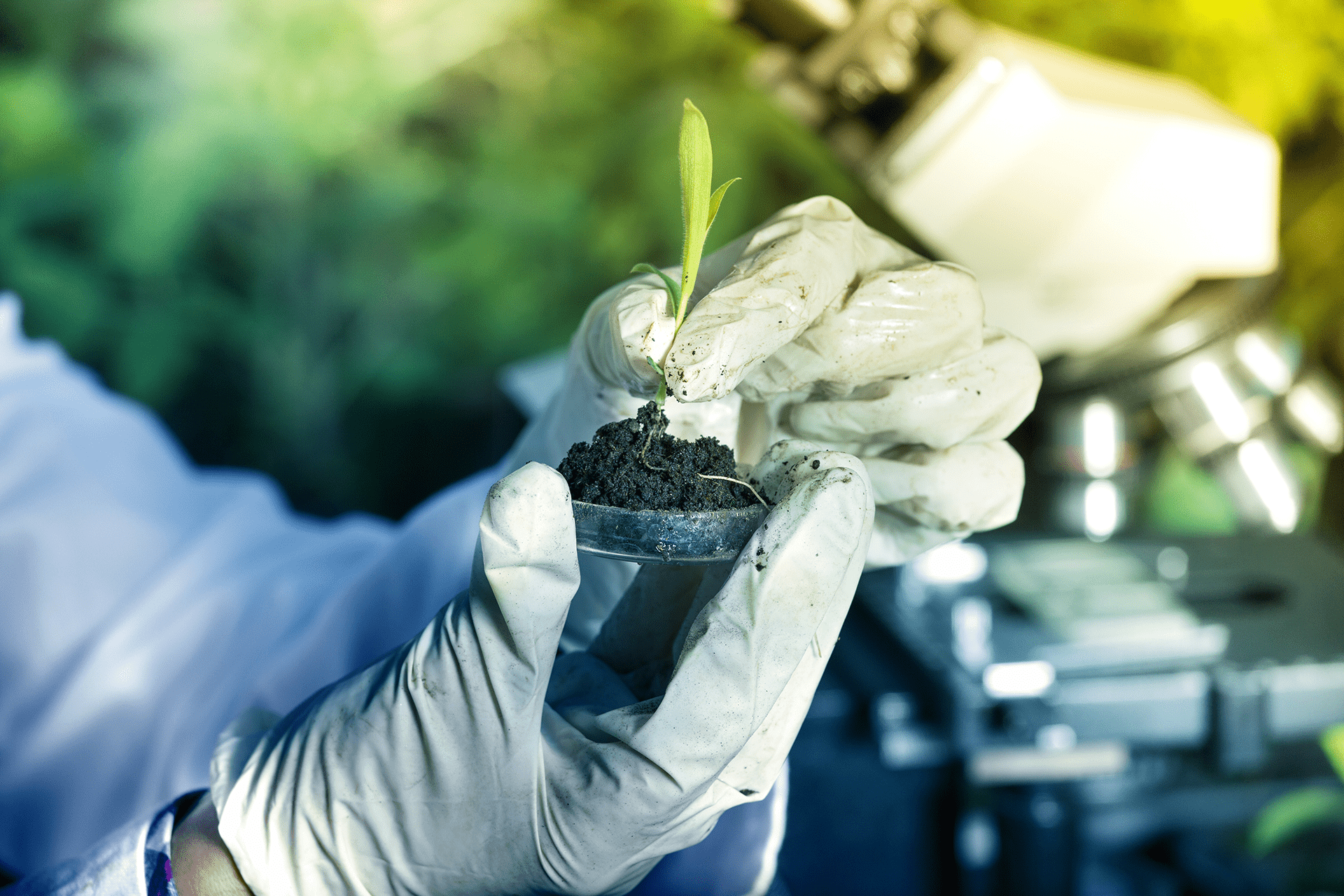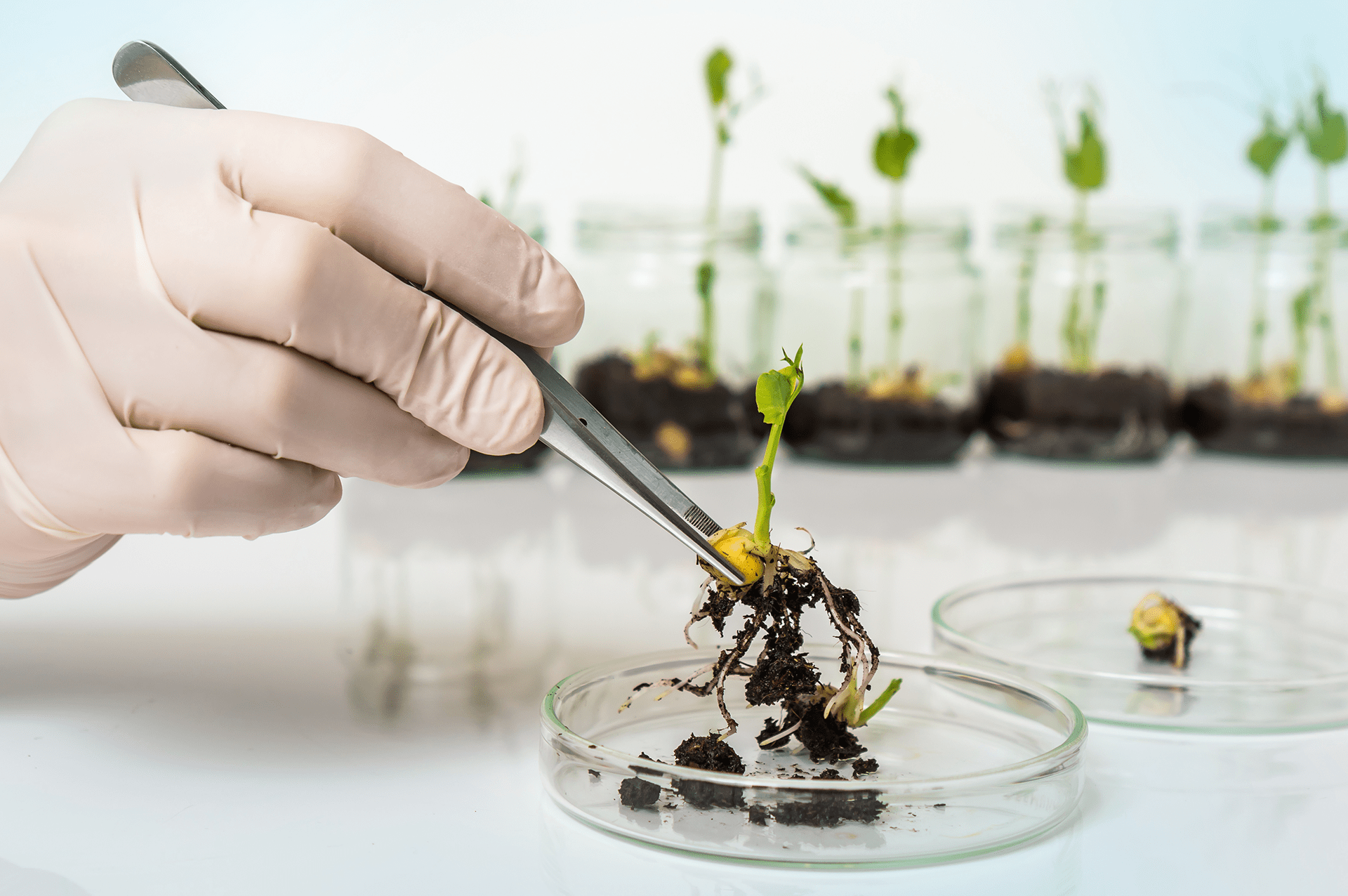Biotech
When introducing the relationship between Hungary and biotechnology, what other should we start with than the interesting fact that the word itself, “biotechnology”, was created by a Hungarian researcher, Károly Ereky, who also wrote the first publication on the topic. Thus, Ereky is considered the father of biotechnology by experts in the field worldwide.
This technology using living organisms, their parts, products or models made by humans, i.e. biotechnology, can be used for different purposes in three major areas: human (medical), agricultural or industrial biotechnology. Of the colour-coded application areas of biotechnology, similarly to other European countries, the medical areas marked in red are also the most developed in Hungary. This includes therapy, molecular diagnostics, research technologies and active ingredient production.
Hungarian biotechnology began in the 1980s with considerable state support, first within the agricultural field. Its research base was provided by the Biological Centre of the Hungarian Academy of Sciences (MTA), firstly for the green area of biotechnology, in the field of arable and livestock farming. Biotechnology has been an independent sector in Hungary since the 1990s, when companies representing red biotechnology also started their activities.
Hungarian biotechnology companies, the most significant of which are represented in the Hungarian Biotechnology Association (HBA), are life science companies aiming to develop pharmaceuticals for tumorous and viral diseases, therapeutics, medical equipment and diagnostic procedures. However, HBA’s nearly 100 members also include companies researching solutions for the biodegradation of environmentally harmful materials, as well as the development of eco-friendly materials. The COVID-19 pandemic means that this area has now become even more valuable, as some of these institutions are striving to develop effective active ingredients against the virus.
It should be stressed that Hungary was the first of the former socialist countries to recognise the importance and potential of this strategic industry. Although the financing background, a crucial factor, has improved significantly in recent years, numerous challenges need to be addressed to enable the sector’s further growth. Professional events and forums are great opportunities to discuss these challenges, which also exist to varying extents on the international level. Biotech industry representatives regularly attend domestic and international meetings to enhance visibility and public understanding and promote the safe and ethic use of innovations in all segments of biotechnology.



